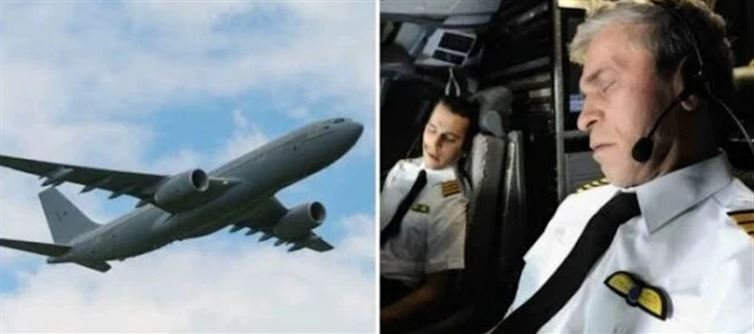
Another surprising revelation is about the seemingly harmless coffee served onboard. The water used for making coffee and tea often comes from the plane's water tank, which may not be cleaned as regularly as expected. This can pose health risks, especially for passengers with sensitive stomachs or weaker immune systems. Similarly, the complimentary headphones provided during flights are often just repackaged rather than newly sanitized for every passenger. Though they may look sealed, there's no guarantee of hygiene, making them potential carriers of germs or infections.
Perhaps the most unsettling fact is the protocol for handling a passenger’s death mid-flight. Commercial planes do not have a designated space to store a deceased body, so in most cases, the body remains strapped to its original seat until landing. The crew does their best to maintain dignity and minimize disturbance to nearby passengers, but space constraints limit their options. These facts shed light on the unseen realities of flying and emphasize the importance of hygiene, awareness, and preparedness during air travel.




 click and follow Indiaherald WhatsApp channel
click and follow Indiaherald WhatsApp channel